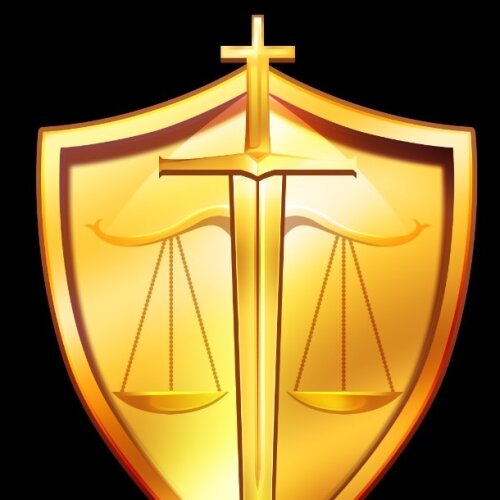Best Credit Repair Lawyers in Quezon City
Share your needs with us, get contacted by law firms.
Free. Takes 2 min.
List of the best lawyers in Quezon City, Philippines
About Credit Repair Law in Quezon City, Philippines
Credit Repair in the Philippines, particularly in Quezon City, refers to the process of improving or rehabilitating an individual's creditworthiness or financial reputation. A legal framework is in place, viewing acts of false or misleading credit repair representations as illegal. Rules and regulations are formed based on the centralized Credit Information System Act of 2008 (CISA) and the Fair Debt Collection Practices Act.
Why You May Need a Lawyer
Obtaining legal help for credit repair is essential if you've been a victim of identity theft, erroneous credit reporting, or unfair debt collection practices. A lawyer can also help if creditors or debt collectors violate your rights, there's a legal judgment against you, or you're dealing with insurmountable credit issues due to job loss or illness. Expert attorneys can logically contest errors in the credit report, negotiate with lenders and, when necessary, bring legal action to ensure your credit rights.
Local Laws Overview
In the context of Credit Repair in Quezon City, CISA plays a significant role by promoting the development of a credit information system. It mandates a centralized, reliable, and up-to-date credit information system regulated by the Credit Information Corporation (CIC). The "Data Privacy Act of 2012" ensures the protection of personal information while enforcing credit transactions, and the "Access Devices Regulation Act of 1998" addresses credit card fraud issues.
Frequently Asked Questions
1. Can I repair my credit on my own?
Yes, you can. However, the process can be quite challenging, and it requires knowledge of Philippine credit laws. A lawyer can help you effectively dispute errors and deal with legal complexities.
2. How long does credit repair take?
Credit repair is a time-consuming process and the period varies depending on the number of disputes and the nature of the issues. It can take from a few months to a year.
3. Can paid debts still affect my credit score?
Yes. Paid debts can stay on your credit report for some time, impacting your credit score. However, credit scoring models often view paid debts more favorably.
4. Can I remove a legitimate debt from my credit report?
No. Legitimate debts, including those you're currently paying off, should rightfully appear on your credit report until the credit reporting time limit has expired.
5. Can bankruptcies be removed from the credit report?
While it's possible, it's not easy to remove bankruptcy from your credit report early. Typically, bankruptcies remain on your report for 7 to 10 years.
Additional Resources
For further assistance and information, visit the official websites of the Credit Information Corporation (CIC), Securities and Exchange Commission (SEC), and National Privacy Commission (NPC). The Bangko Sentral ng Pilipinas (BSP) also offers financial literacy programs which can be beneficial.
Next Steps
If you require legal assistance for credit repair, start by identifying a trustworthy lawyer specializing in Philippine financial laws. Gather all relevant financial documents, credit reports, and detailed records of your credit dispute history for the lawyer's perusal. Remember, resolving credit problems can take time, so ensure open communication with your lawyer and patiently coordinate with the process.
Lawzana helps you find the best lawyers and law firms in Quezon City through a curated and pre-screened list of qualified legal professionals. Our platform offers rankings and detailed profiles of attorneys and law firms, allowing you to compare based on practice areas, including Credit Repair, experience, and client feedback.
Each profile includes a description of the firm's areas of practice, client reviews, team members and partners, year of establishment, spoken languages, office locations, contact information, social media presence, and any published articles or resources. Most firms on our platform speak English and are experienced in both local and international legal matters.
Get a quote from top-rated law firms in Quezon City, Philippines — quickly, securely, and without unnecessary hassle.
Disclaimer:
The information provided on this page is for general informational purposes only and does not constitute legal advice. While we strive to ensure the accuracy and relevance of the content, legal information may change over time, and interpretations of the law can vary. You should always consult with a qualified legal professional for advice specific to your situation.
We disclaim all liability for actions taken or not taken based on the content of this page. If you believe any information is incorrect or outdated, please contact us, and we will review and update it where appropriate.









